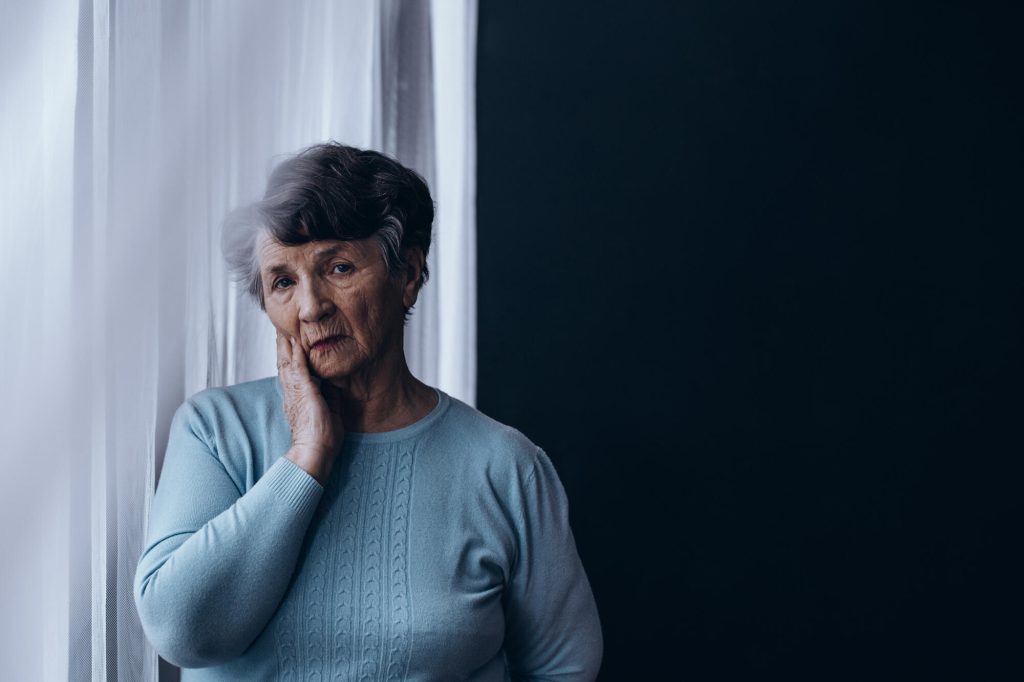Mental health is important for everyone, including seniors. But for many older adults, talking about it feels uncomfortable or even shameful. One big reason is stigma-the negative beliefs people have about mental health.
Many seniors grew up in a time when mental illness was rarely talked about. Feeling sad, anxious, or overwhelmed was often seen as a sign of weakness. Keep reading to learn more.
What Happens When It’s Ignored
This silence can cause serious problems. Seniors often face big life changes like losing a partner, retiring, or dealing with illness. These events can bring on depression or anxiety. But when mental health is ignored, these conditions usually get worse.
Untreated mental health issues can lead to feeling hopeless, sleeping too much or too little, or losing interest in daily life. In extreme cases, they can even lead to thoughts of suicide especially in older men.
The Doctor Might Miss It Too
Even in healthcare settings, mental health in seniors is often overlooked. Many doctors focus on physical health and don’t always ask about emotions or moods. Plus, some signs of depression like low energy or appetite changes can be mistaken for normal aging.
So even when seniors do ask for help, their concerns might not be taken seriously. This can leave them feeling even more alone.
Family Can Struggle to See the Signs
Sometimes, family members don’t notice when something is wrong. They might think their aging parent or grandparent is just “slowing down.”
Or they might not know how to bring up the topic of mental health. Some seniors also keep quiet because they don’t want to worry their loved ones or seem like a burden.
Daily Life Becomes Harder
When mental health problems are ignored, everyday life can feel like a struggle. Seniors might stop doing things they once enjoyed. They may pull away from friends and family.
Simple tasks like cooking, cleaning, or taking medications can feel overwhelming. This can lead to more isolation, which only makes things worse. Loneliness and depression often go hand in hand.
What Can Help
The good news is that things can change. Talking about mental health openly is a great first step. Seniors should feel safe to speak up, and families should listen without judgment.
Doctors and caregivers also need better training to spot mental health issues in older adults. Community programs that offer support and social connection can help too. Visiting the best facilities can help to learn more about healthy emotional skills for seniors.
Why Early Support Matters
Getting help early can make a big difference. When seniors receive emotional support and proper treatment, they often feel more in control and hopeful.
Therapy, medication, support groups, and even regular social activities can improve mood and overall quality of life. The earlier these tools are introduced, the better the outcomes tend to be.
Mental Health Stigma Affects Seniors’ Daily Lives
When we reduce the stigma, we open the door for real help and healing. Seniors who feel understood and supported are more likely to ask for help and stay active in their lives.
As our population ages, it’s more important than ever to take mental health seriously. Every senior deserves to feel seen, heard, and cared for-not just physically, but emotionally too.
If you want to read more articles, visit our blog.







